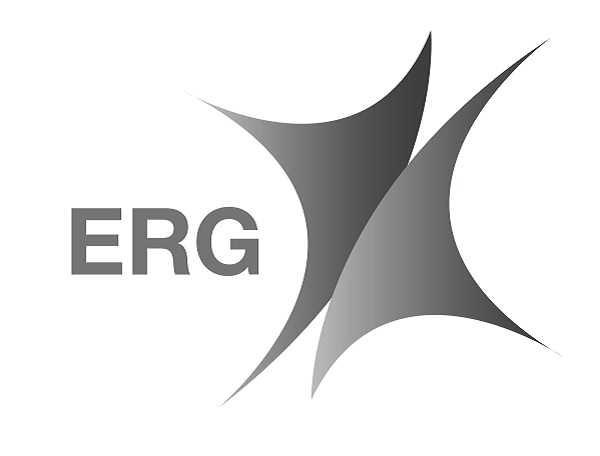
As officially announced by the World Economic Forum, organisations supporting the realisation of a battery value chain that meets these principles include some of the world’s leading businesses from the automotive, mining, chemicals and energy sectors with a combined revenue of approximately one trillion dollars. This includes Volvo, Audi, BASF, BMW, Enel, Groupe Renault, Honda, Trafigura, Umicore and Volkswagen Group. Along with industry, the Alliance is a multi-stakeholder initiative and includes the World Bank, UNICEF, Government of the Democratic Republic of the Congo (DRC), Government of Japan, African Development Bank, Good Shepherd International Foundation, Pact, and the World Business Council for Sustainable Development (WBCSD). Implementing commitments will be based on existing standards such as the Organisation for Economic Co-operation and Development (OECD)’s Due Diligence Guidance and economically viable considerations for a circular and low carbon economy.
“We all need batteries to power the clean revolution. However, we must ensure violations of human rights do not occur anywhere in the value chain, that local communities benefit and that battery production is sustainable. These guiding principles are an important first step to build a value chain that can deliver on this promise while supporting societies and economies at the same time”, said Dominic Waughray, Managing Director, World Economic Forum.
The 10 guiding Principles are an important first step in realising the Global Battery Alliance’s 2030 vision. According to recent study of the Alliance, batteries can reduce transport and power sector emissions by 30%, create up to 10m safe jobs and provide electricity to 600m people for the first time by then.
The Principles:
1. Maximising the productivity of batteries
2. Enabling a productive and safe second life use, circular recovery of battery materials
3. Ensuring transparency of greenhouse gas emissions
4. Securing their progressive reduction
5. Prioritising energy efficiency measures
6. Increasing the use of renewable energy
7. Fostering battery-enabled renewable energy integration, high quality job creation and skills development
8. Eliminating child and forced labour
9. Protecting public health and the environment
10. Supporting responsible trade and anti-corruption practices, local value creation and economic diversification








